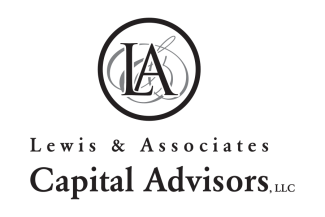Phones. The financial market. See the correlation? Maybe not. I remember when I was young, phones pretty much operated the same for a very long time. There were buttons, you pressed a series of them to get someone to speak to you on the other end. Does anyone remember the rotary dials? The same simplicity applied to the financial market of the past. You read the newspaper. You looked at performance and then made your decision on what investment would best suit you.
It’s not that simple anymore.









